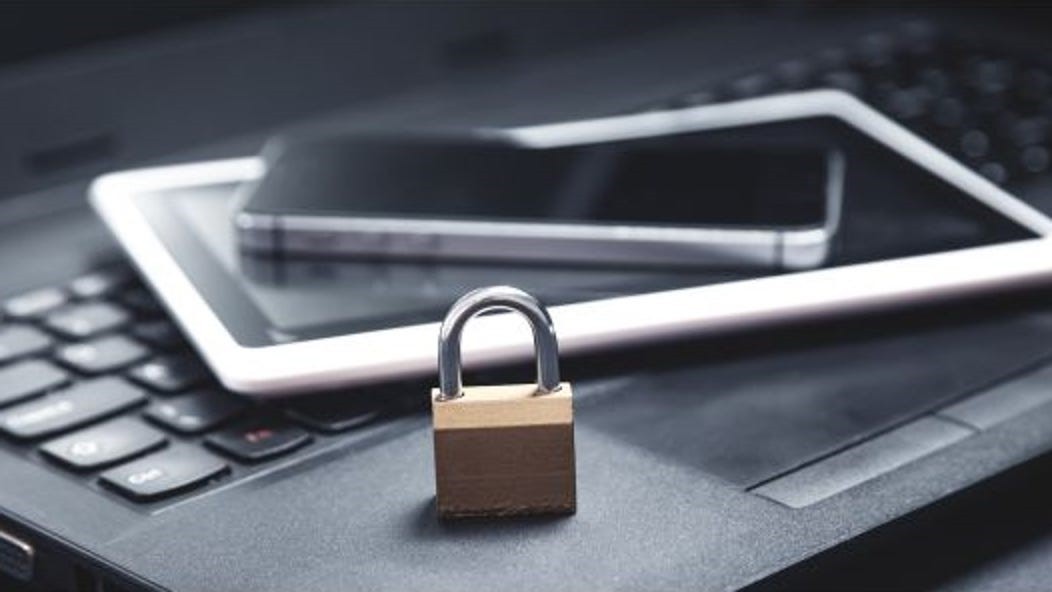Security concerns rise along with the percentage of people accessing the internet. The prevalence of cyber threats has increased. People are releasing more personal information online due to the surge in social media usage, making it increasingly challenging to secure sensitive data. Identity theft refers to any deception, fraud, or crime that involves the theft of personal information, such as usernames, passwords, banking details, credit card numbers, Social Security numbers, and health identification numbers, which is then used without your consent to commit fraud and other crimes. Fortunately, there are several ways to safeguard your data and online identity.
Use strong passwords
Concentrating on developing solid passwords is the most popular method of protecting your online identity. When constructing one, pick a password that won’t be quickly cracked or decoded. Never use a first, middle, or last name, the name of your spouse or kid, your address, your phone number, your employment, or any other identifying letters or digits. Furthermore, it would help if you keep your password private from everybody.
Detect encryption
Before doing any online financial transaction, check for indicators if the website is encrypted. To achieve this, check the URL or web address bar for the trusted security lock icons and the additional “s” at the end of the HTTP protocol. These two signals indicate that the website is encrypted, which ensures that no one can view the data as it is transferred to the website owner.
Set up security programs
Security suites prevent malicious software and persons from infecting your computer and stealing your information. It includes stopping unauthorized software installed secretly while online, such as malware, viruses, and phishing schemes.
Web browser block listing should be enabled
The internet browser being used is partially to blame for the absence of internet security. It enables you to choose the standards for the websites you visit, only safe, reputable websites. A lot of online browsers include extra security features like block listing.
Beware of phishing scams
Phishing scams come in various forms, but they can all be prevented if you know how to spot them. Some techniques are used by phishing schemes to get your data and steal your identity. Never open attachments in emails from people you don’t know, and stay away from clicking on insecure links in weird emails if you want to avoid falling for a phishing scam.
Cover Up Your Personal Data
You may set up a new computer or browser whenever you download and install one. To accomplish this, go to the browser’s “set-up” menu and choose the option to prevent the browser from displaying your name, email address, or other personal information. To protect your privacy and security, go through this extra step when downloading or installing a browser.
Only enable cookies, when necessary, in your web browser
You may also configure your browser to secure your online data by only allowing cookies when necessary for a website. These cookies are information that websites keep on your computer, including facts on the websites you visit and the activities you carry out there. Although most of them support the information to themselves, it is also a means for dishonest persons to obtain your information. Cookies should only be permitted on those websites that demand them.
Get Private Data Protection
Getting personal data protection is another technique to safeguard your online identity and sensitive information when sharing it online. Employing a private data protection suite can help you further thwart hackers’ attempts to obtain your data. This security package will protect personal information in emails, private messaging apps, social media sites, or blogs.




